These countries all scored major wins for LGBTQ+ rights in 2024
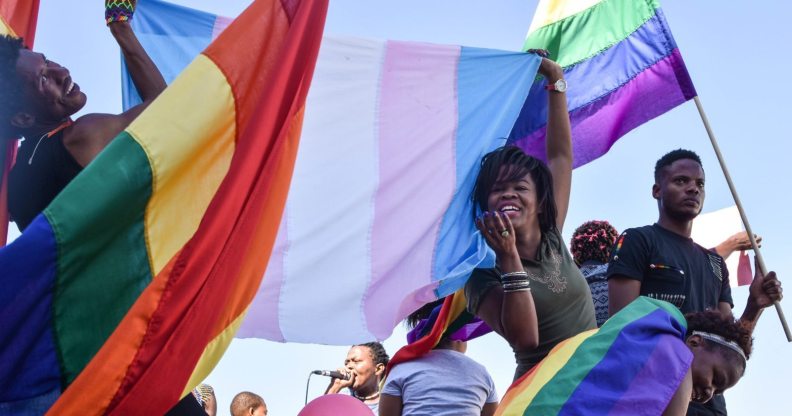
Namibia (Getty)
A number of countries took steps to advance the rights of LGBTQ+ people this year.
From enacting bans on so-called conversion therapy to introducing reforms that facilitate easier changes to gender markers, here are some of the countries that did the right thing in 2024.
Honduras

In November, the Central American nation struck down a ban on LGBTQ+ blood donations, meaning men who have sex with men are now able to give blood.
Germany
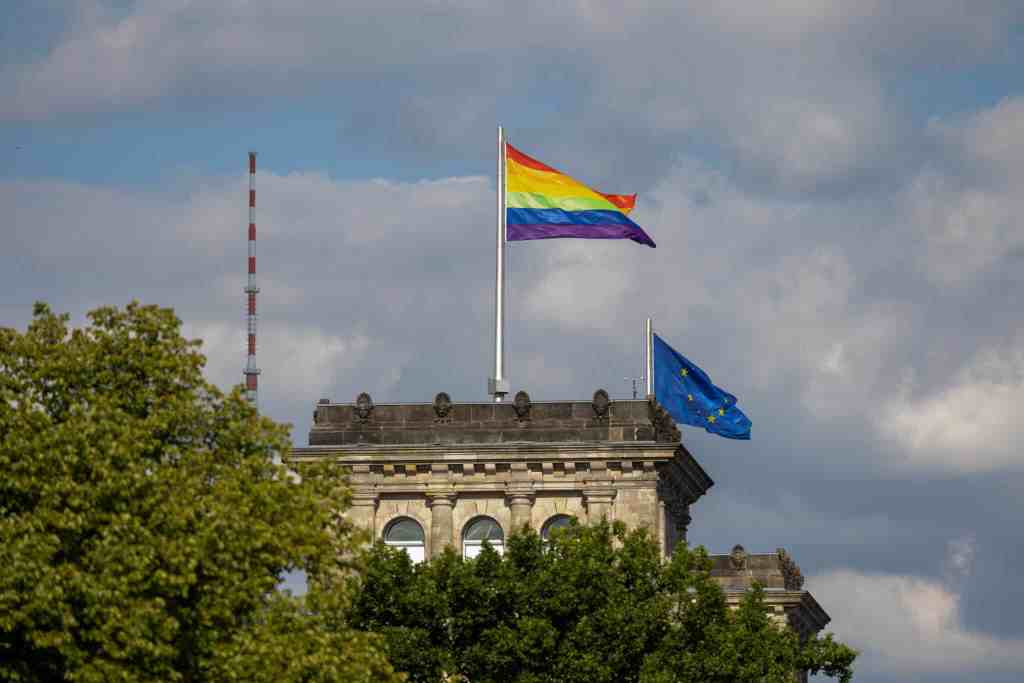
Germany’s parliament passed the Self-Determination Act, making it easier for trans and non-binary people aged 14 and older to legally change their first name and gender by making a straightforward declaration to the registry office.
Curaçao
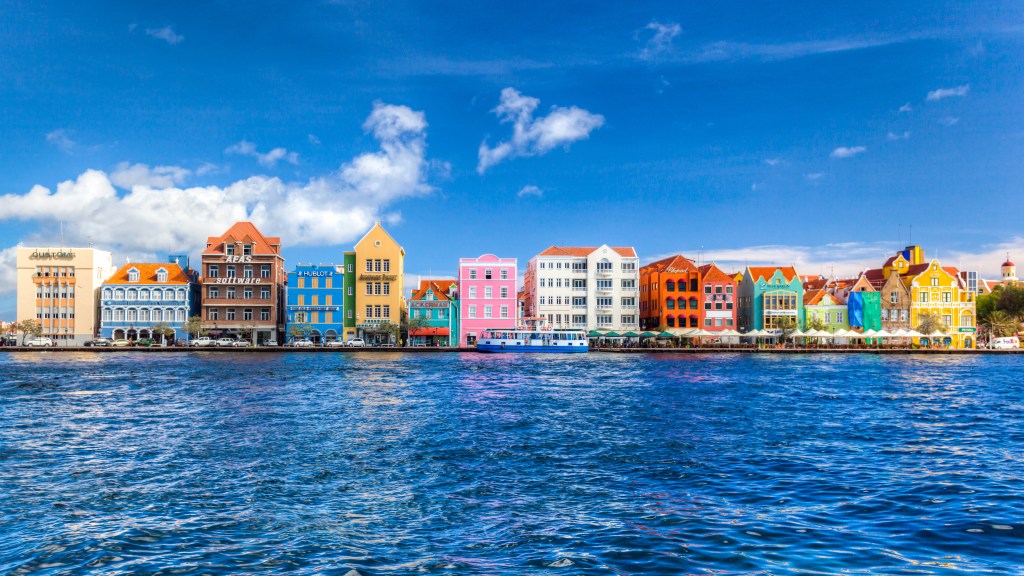
Same-sex marriage has become legal in Curaçao, a Dutch Caribbean island, after the Netherlands’ supreme court ruled that queer couples had the right to marry.
Denmark
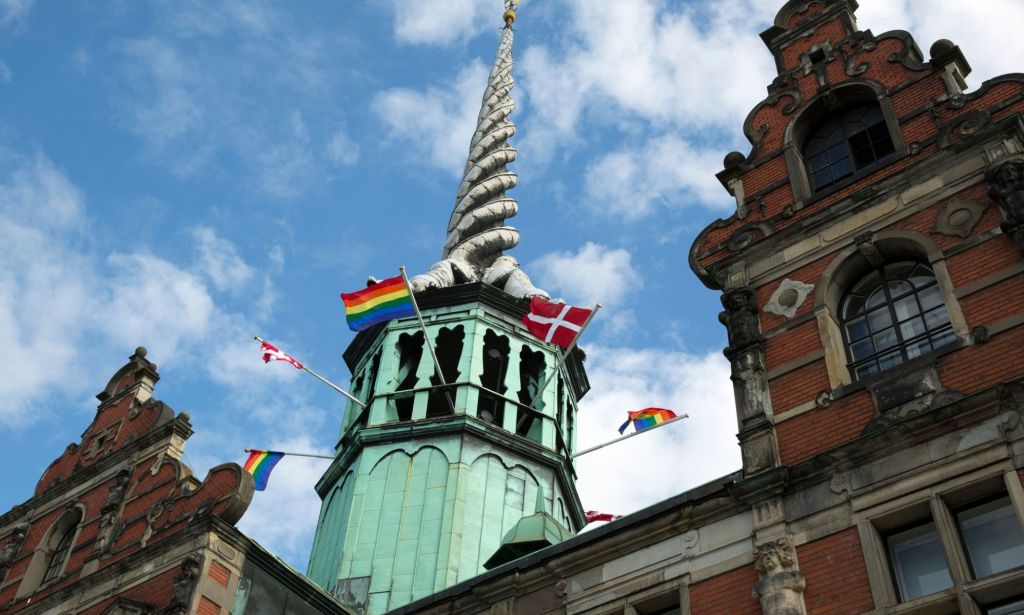
Denmark lifted its deferral period for blood donations from men who have sex with men, in July. In the past, they could not donate if they had had sex in the previous four months. Rules regarding donations now apply to everyone, regardless of sexual orientation.
Czechia
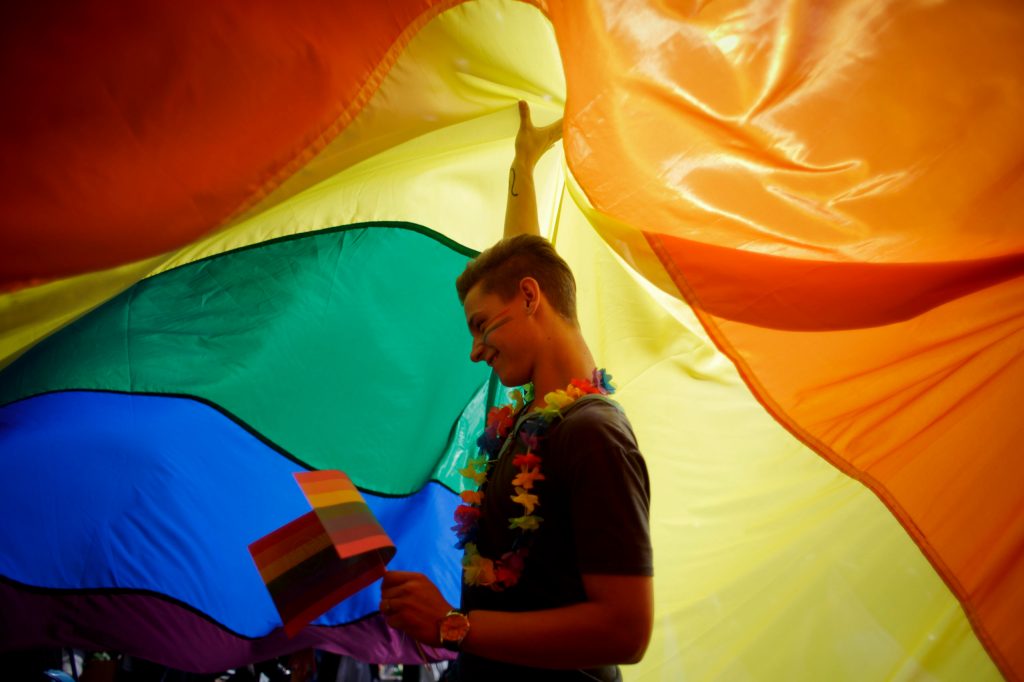
In July, Czechia started allowing gay and bisexual men to donate blood.
Latvia
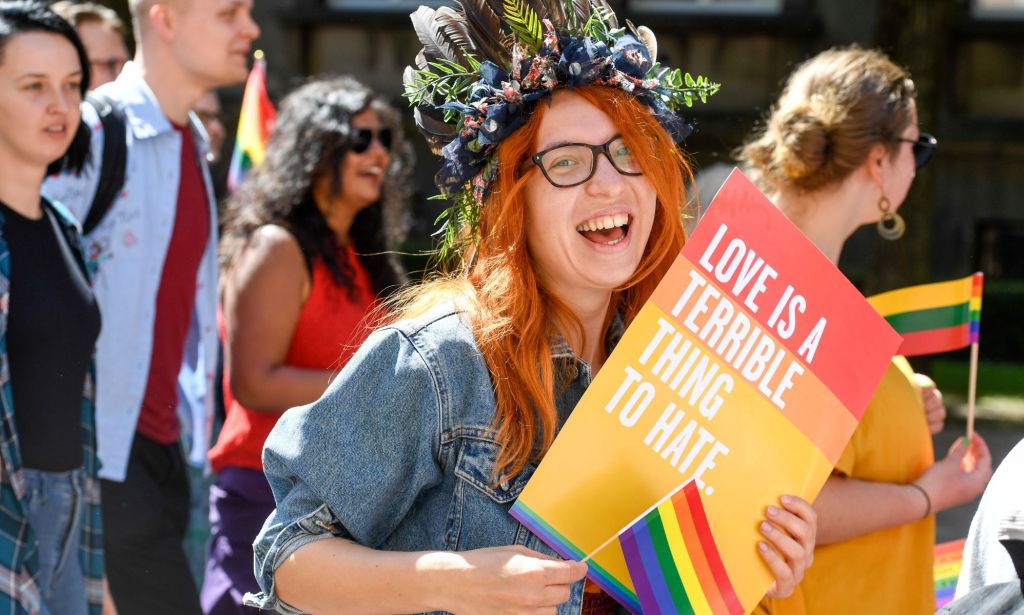
Latvia’s law allowing same-sex couples to establish civil unions took effect on 1 July, in a first for the Baltic nation.
Couples in civil unions are afforded certain tax and social security benefits, as well regarding hospital visiting, although they still have fewer rights than married couples. Legally speaking, marriage is still defined as only between a man and a woman.
Namibia
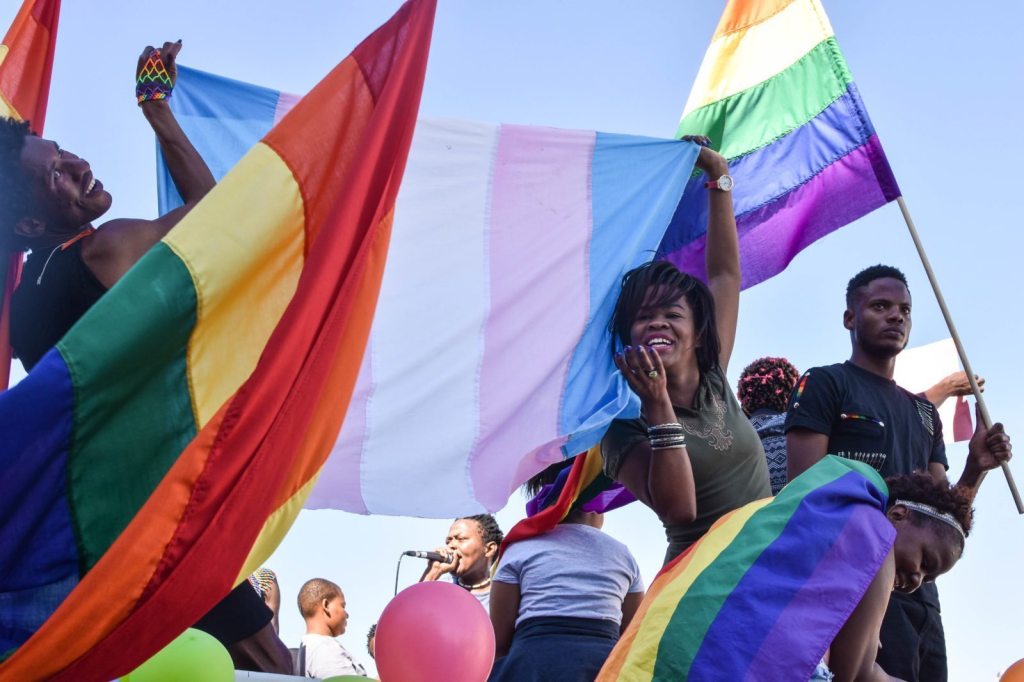
Consensual same-sex activity became legal in Namibia after the High Court ruled that laws criminalising such intimacy were unconditional and invalid.
Mexico
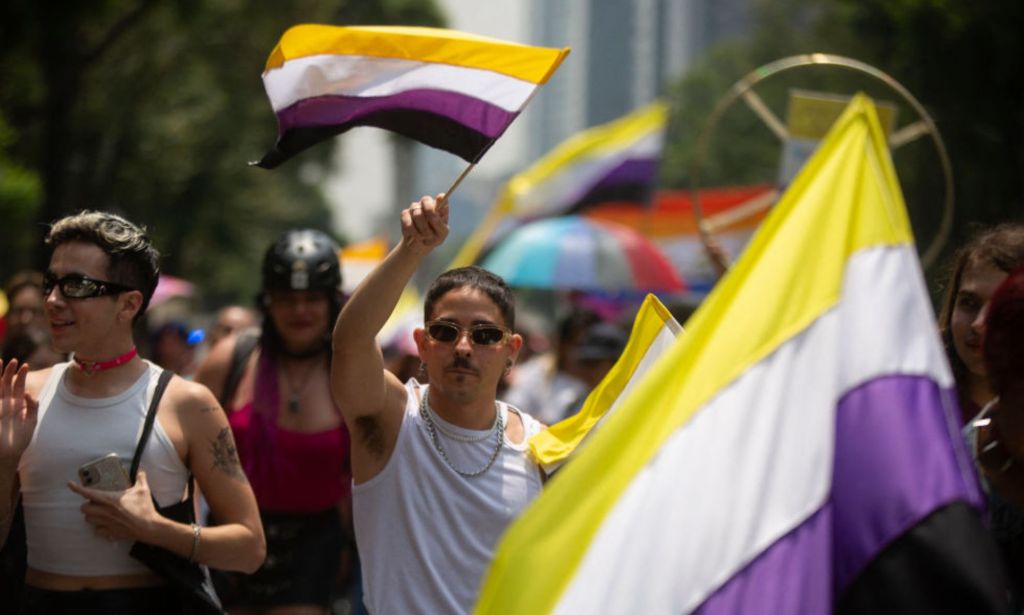
Conversion therapy was banned. Practitioners breaking the law face between two and six years in prison and fines. In addition, the Free and Sovereign State of Guerrero, on the country’s Pacific coast, classified the practice as a crime, with punishment of up to six years in jail.
The state of Tabasco legalised same-sex adoption in April, a month after the Congress of Yucatán unanimously approved a self-ID bill for trans nationals.
Same-sex adoption became legal in Baja California, and the first gay couple adopted in February.
Greenland
The Law on Equal Treatment and Anti-Discrimination, which was approved in May, made LGBTQ+ discrimination illegal. It bans discrimination on grounds of sexual orientation, gender identity, gender expression and gender characteristics.
Peru
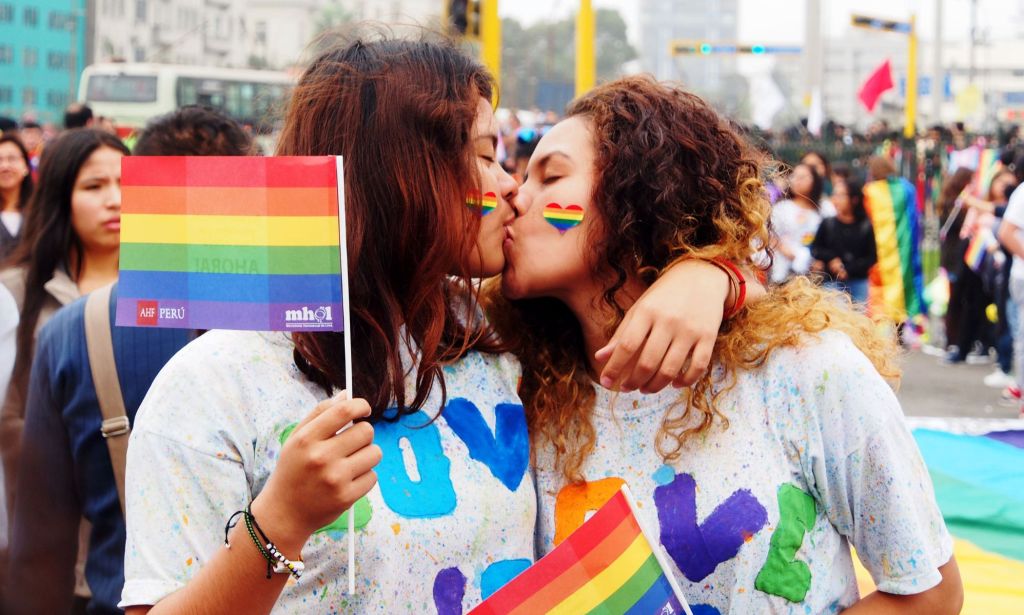
In May, the health ministry reiterated that doctors should not perform conversion therapy.
Bermuda
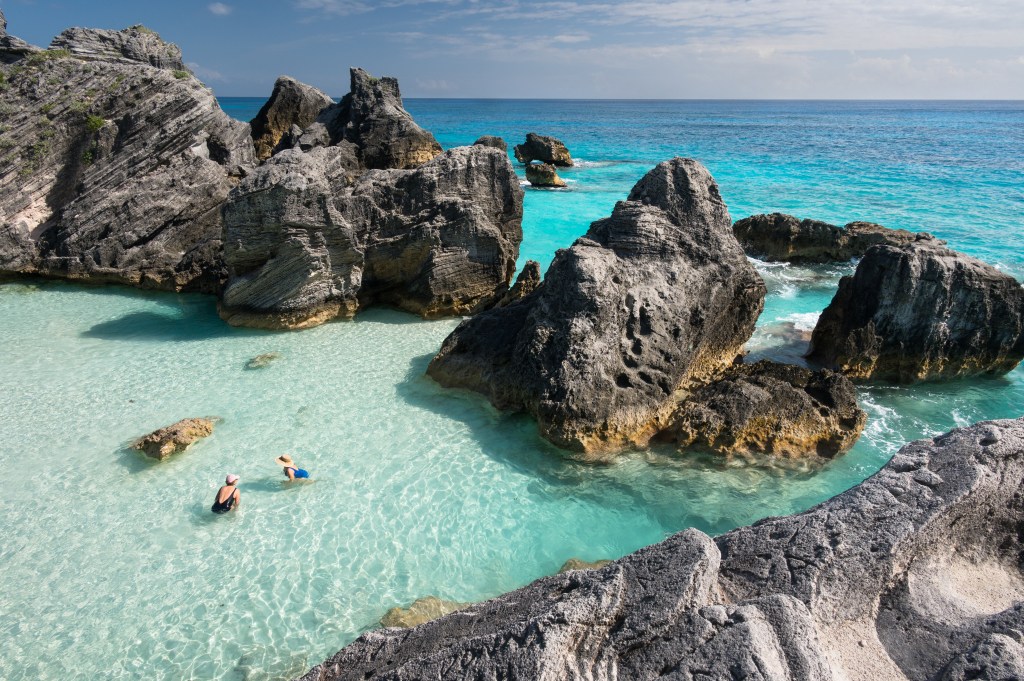
Blood donations by men who have sex with men became legal in May. Certain requirements need to be met, including not having had anal sex with a new partner, or more than one sexual partner, in the previous three months.
Dominica
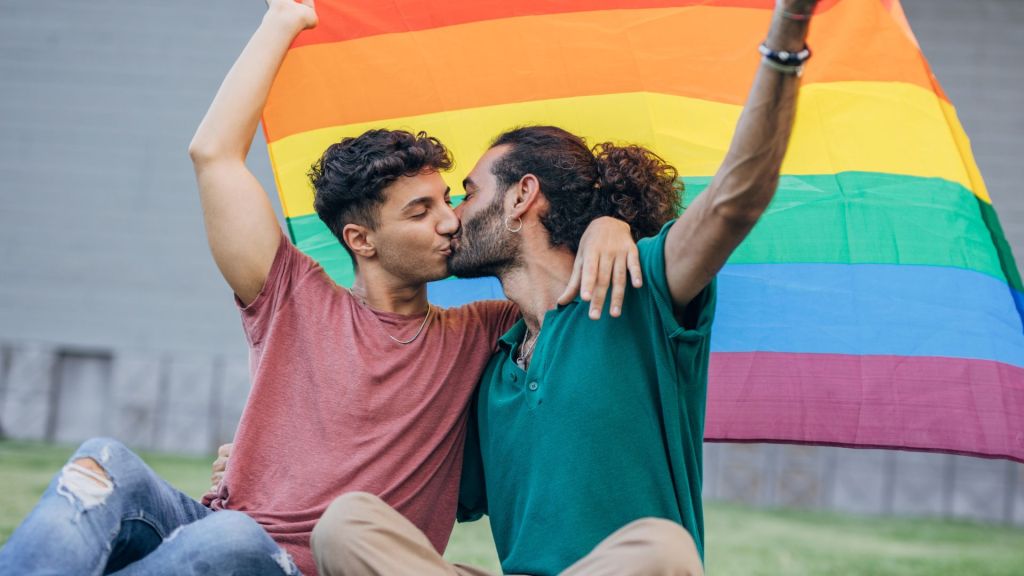
The Caribbean country’s High Court overturned a colonial-era ban on consensual same-sex activity, in April. It also legalised gay sex.
Lesotho
In Lesotho, in Southern Africa, The Labour Code banned discrimination based on gender and sexual orientation. The code also outlawed violence, harassment and sexual harassment based on gender identity.
Estonia
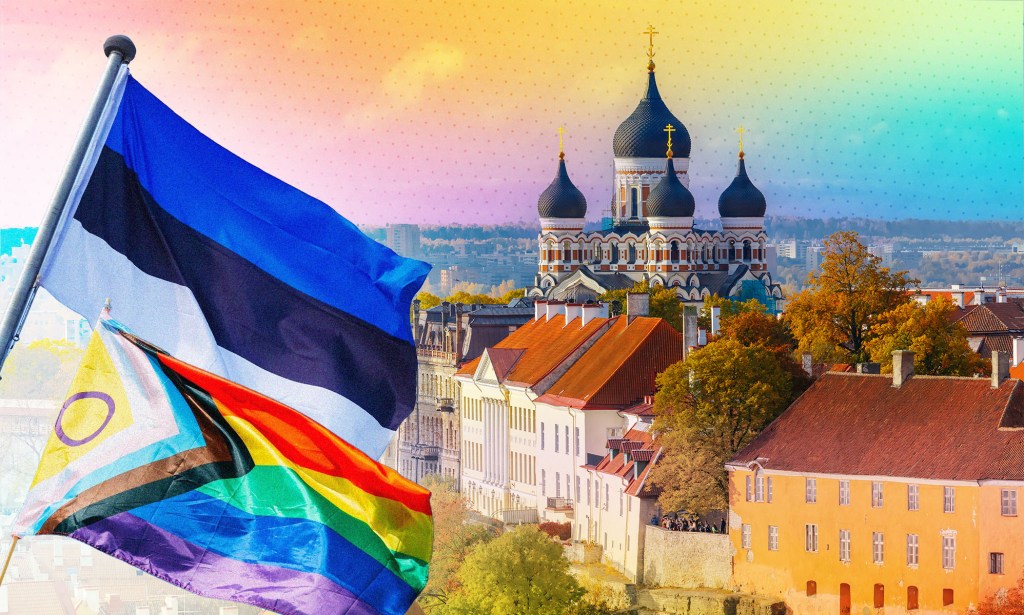
Estonia became the first former Soviet Republic to legalise same-sex marriage in 2023 and the legislation officially came into force on New Year’s Day. Same-sex adoption was legalised at the same time.
Blood donations from men who have sex with men has been legal since March.
Portugal
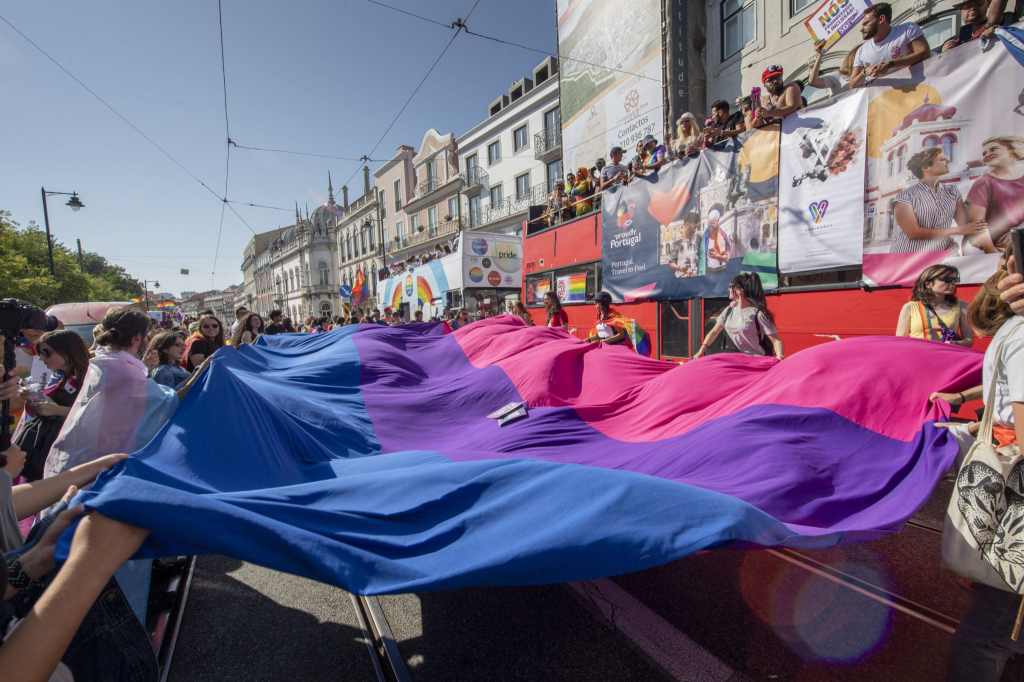
A bill banning conversion therapy that was passed by Portugal’s parliament signed into law by president Marcelo Rebelo de Sousa took effect on 1 March.
In January, serving openly in the military as trans and non-binary became legal.
Greece
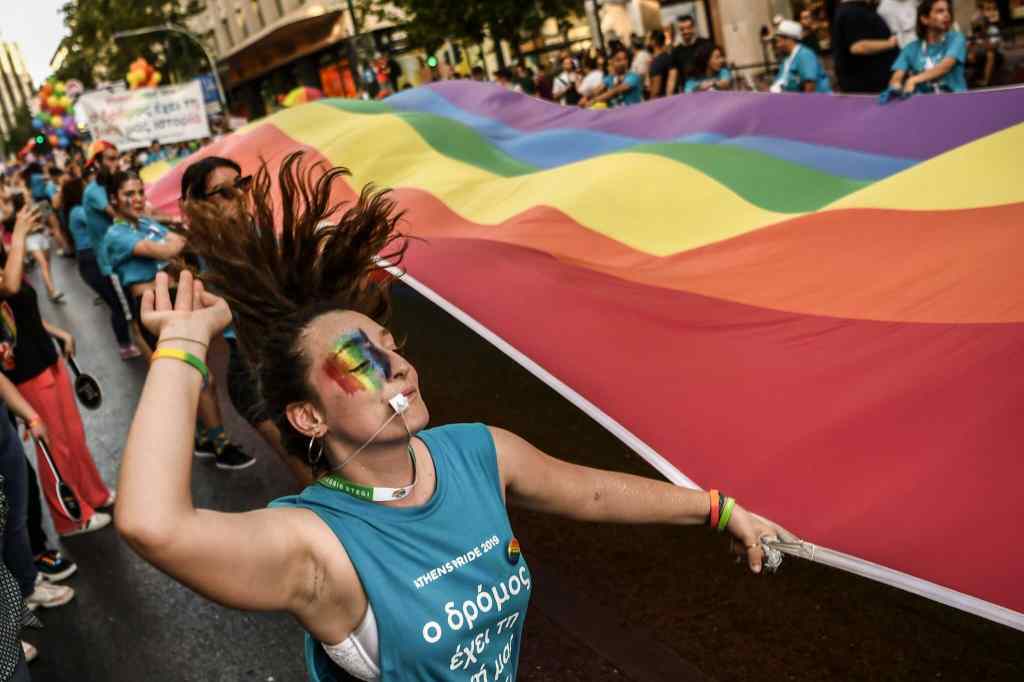
LGBTQ+ discrimination became illegal this year, while same-sex adoption and same-sex marriage became legal.
The Netherlands
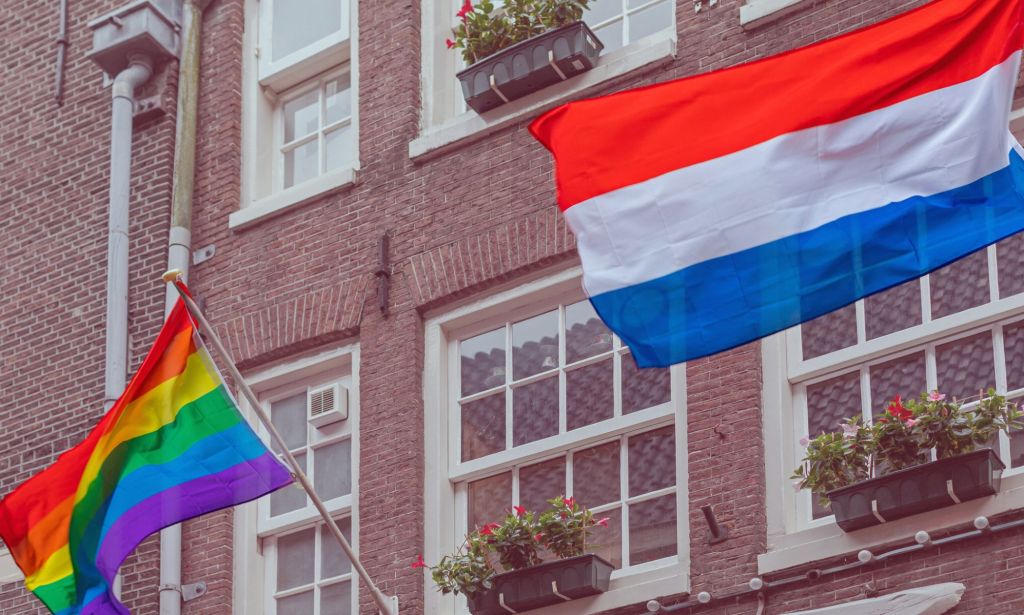
Blood donations by men who have sex with men became legal at the beginning of the year.
Share your thoughts! Let us know in the comments below, and remember to keep the conversation respectful.
How did this story make you feel?
